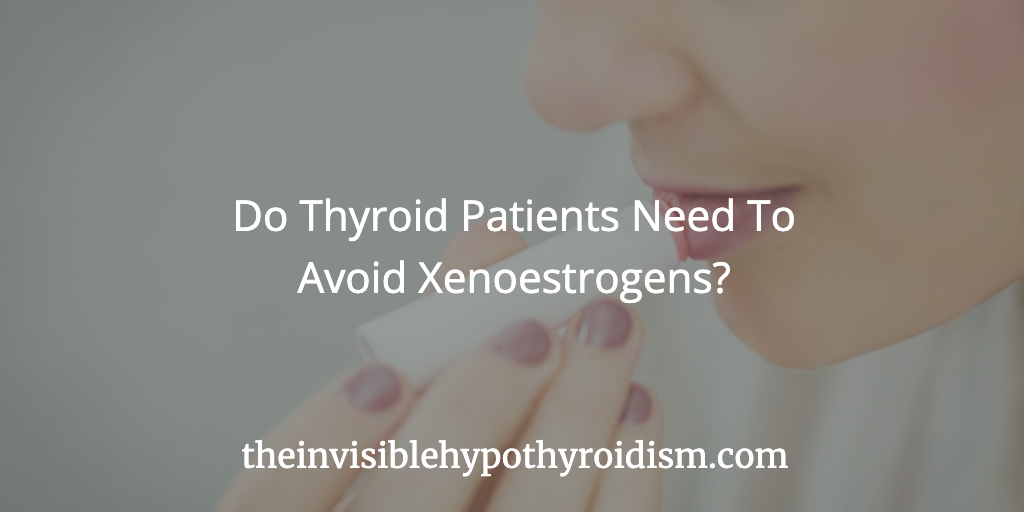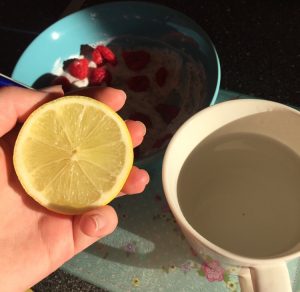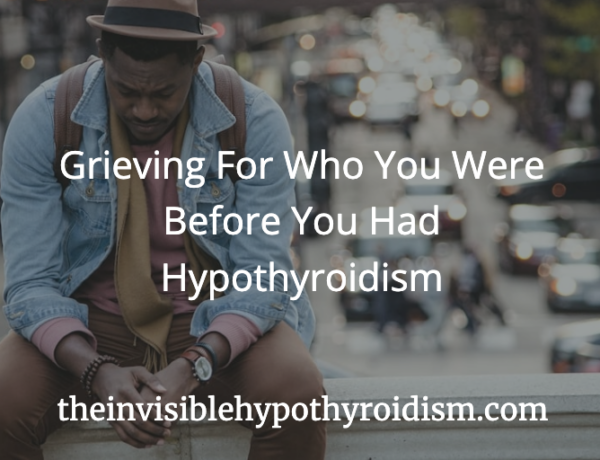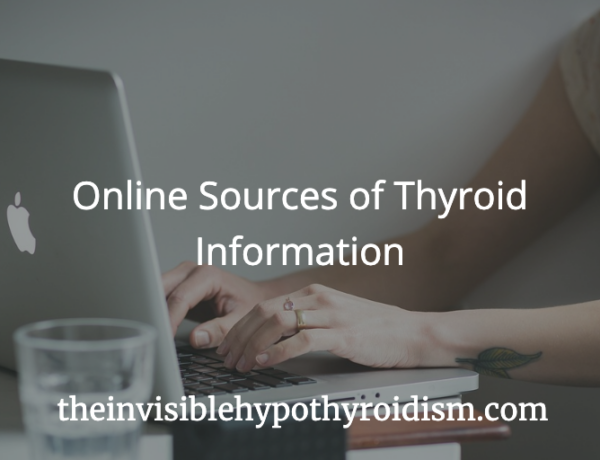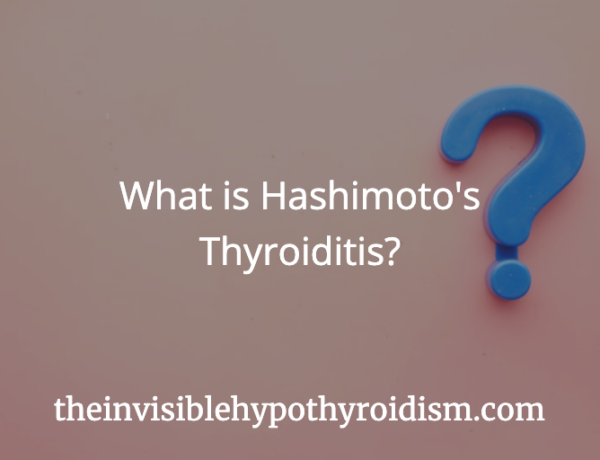Originally published on 28th April 2020 Last updated on 29th July 2024
As people with thyroid issues, we are often told to avoid xenoestrogens – chemicals that, once in our bodies, can alter the normal function of our hormones.
Xenoestrogens mimic the effect of the hormone oestrogen, primarily seen as a ‘female hormone’, but is in fact possessed by both men and women.
Simply put, xenoestrogens are endocrine disruptors that have oestrogen-like effects on the body, which can affect thyroid health, fertility, men’s hormonal health and more.
Should We Avoid These Chemicals?
There is evidence that exposure to a lot of xenoestrogens and developing breast cancer are linked. It is also reported that excessive exposure over time can contribute to hormonal disorders such as PCOS (For a PCOS Blood Test, click here.), endometriosis, fibroids and PMS too.
However, are most of us experiencing them in excessive amounts? This is where I worry that scaremongering can come in to play and I would argue that massive amounts of stress from worrying about this is actually more harmful.
Where are Xenoestrogens Found?
These hormonal disruptors can be found in almost everything, from plastic items to beauty products. You may be familiar with the term ‘BPA and BPS-Free’, which is considered safer than standard plastic, as it omits the endocrine disruptors. Organic foods are also increasing in popularity due to the same reason.
Sources of Xenoestrogens Can Include:
- Beauty products such as make up, sunscreen, shampoo, conditioner, soap, lotions, nail polish, lubricants, perfumes, deodorant
- Cleaning products, air fresheners, fabric softeners, detergents
- Plastics (such as storage containers and water bottles)
- Paint
- Plant fertilisers, pesticides, insecticides, herbicides and fungicides (so food is often affected if non-organic)
- Hormonal/Menopause medications: Premarin and Prempro, contraceptive pills
- GERD/GORD/Acid Reflux medications: such as Tagamet
- Food colourings/dyes
How Can I Avoid or Limit My Exposure To Xenoestrogens?
Being realistic, although it is pretty much impossible to live completely free of these endocrine disruptors, we can try to limit exposure in some areas if we are interested.
Plastics
When it comes to plastics, I look for ‘BPA and BPS Free’, such as with my water bottle (which I use daily). As something I use so often, I wanted to limit my exposure of xenoestrogens from this source. In fact, we’re better off limiting plastics use wherever possible.
Food and Drink
If you can afford to, going organic with your food may also be helpful, though for some of us, this may be out of our financial means. Even if you go organic on just a few of your regular items, this may help to reduce the amount of chemicals you’re exposed to.
You may wish to avoid Teflon cooking equipment and other non-stick cookware which also contain endocrine disruptors.
We can avoid plastic storage containers and opt for glass, ceramic, or steel to store food instead.
Beauty Products
Opting for organic beauty products can also be beneficial, as well as looking for brands with as little chemical ingredients as possible.
Cleaning Products
Laundry detergents with less chemicals or labelled ‘non-toxic’ can be found in various stores now and it is often best to avoid unnecessary products such as fabric softeners. See this article for making your own cleaning products.
Conclusion
The conclusion? If making some of these changes is simple enough for you and limiting your exposure isn’t causing extra stress, then it may be helpful. However, avoiding these chemicals entirely is not possible for most people.
Do you actively try to limit your exposure to chemicals?
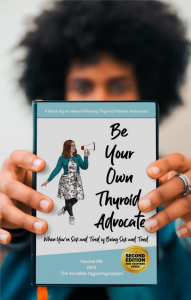
The book Be Your Own Thyroid Advocate: When You’re Sick and Tired of Being Sick and Tired, which details the many things Rachel had to do to get her thyroid and overall endocrine health back on track.

